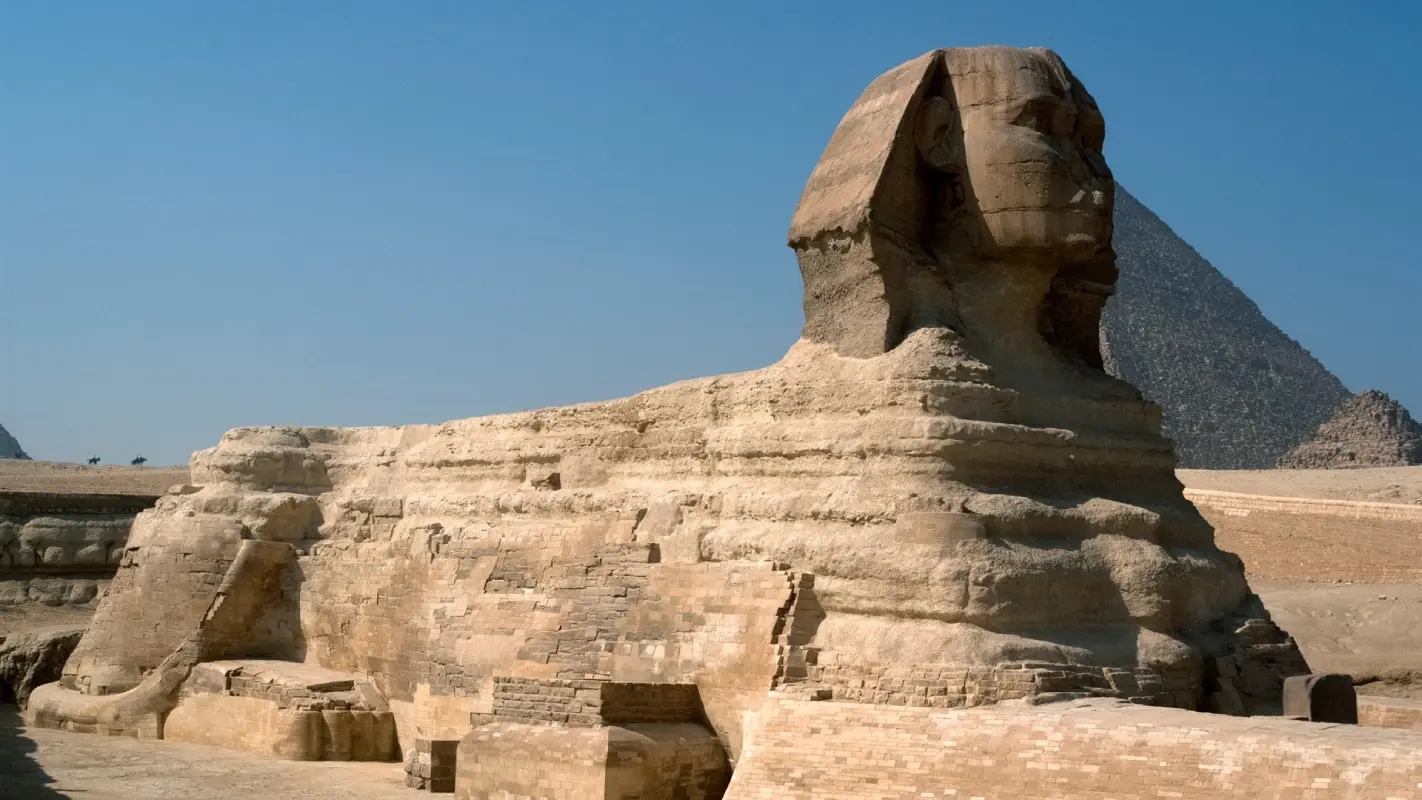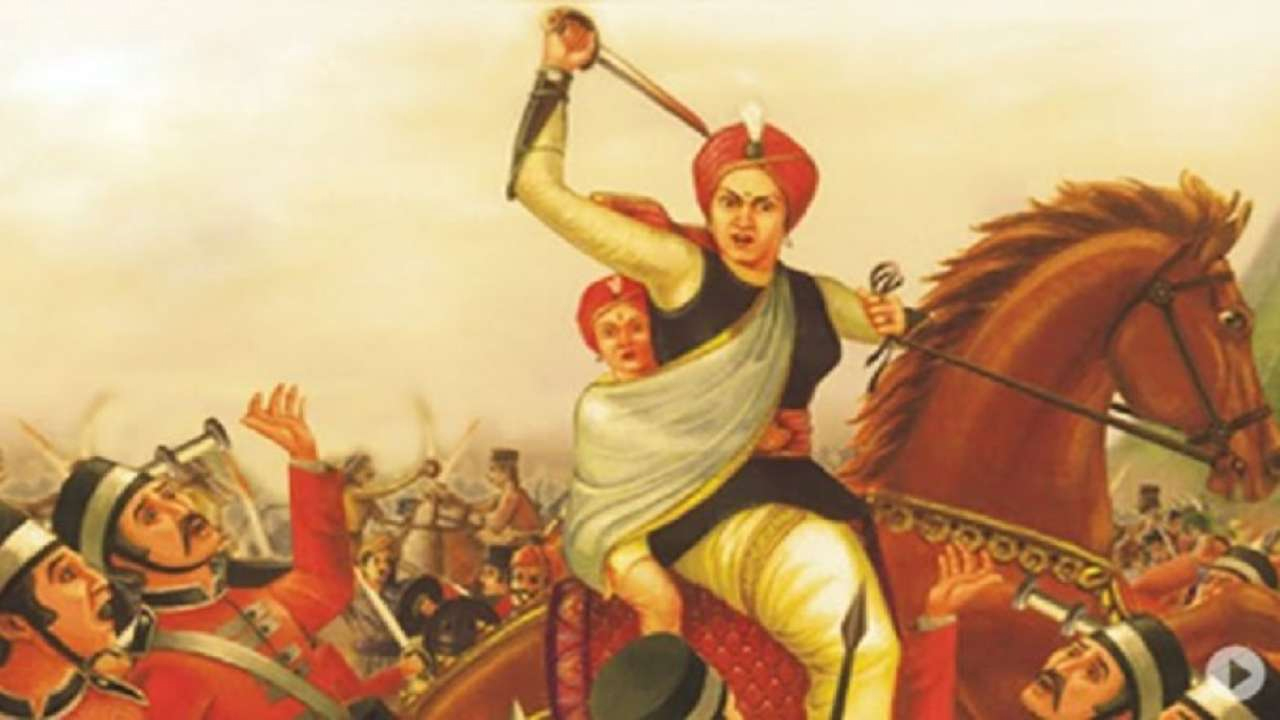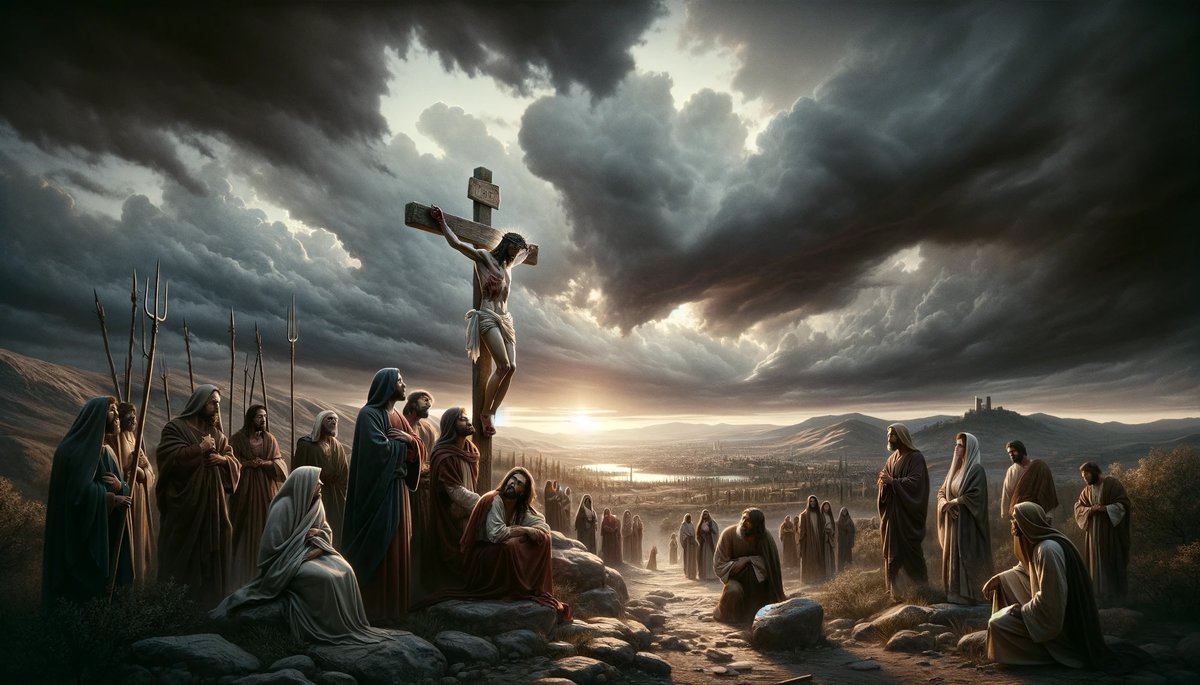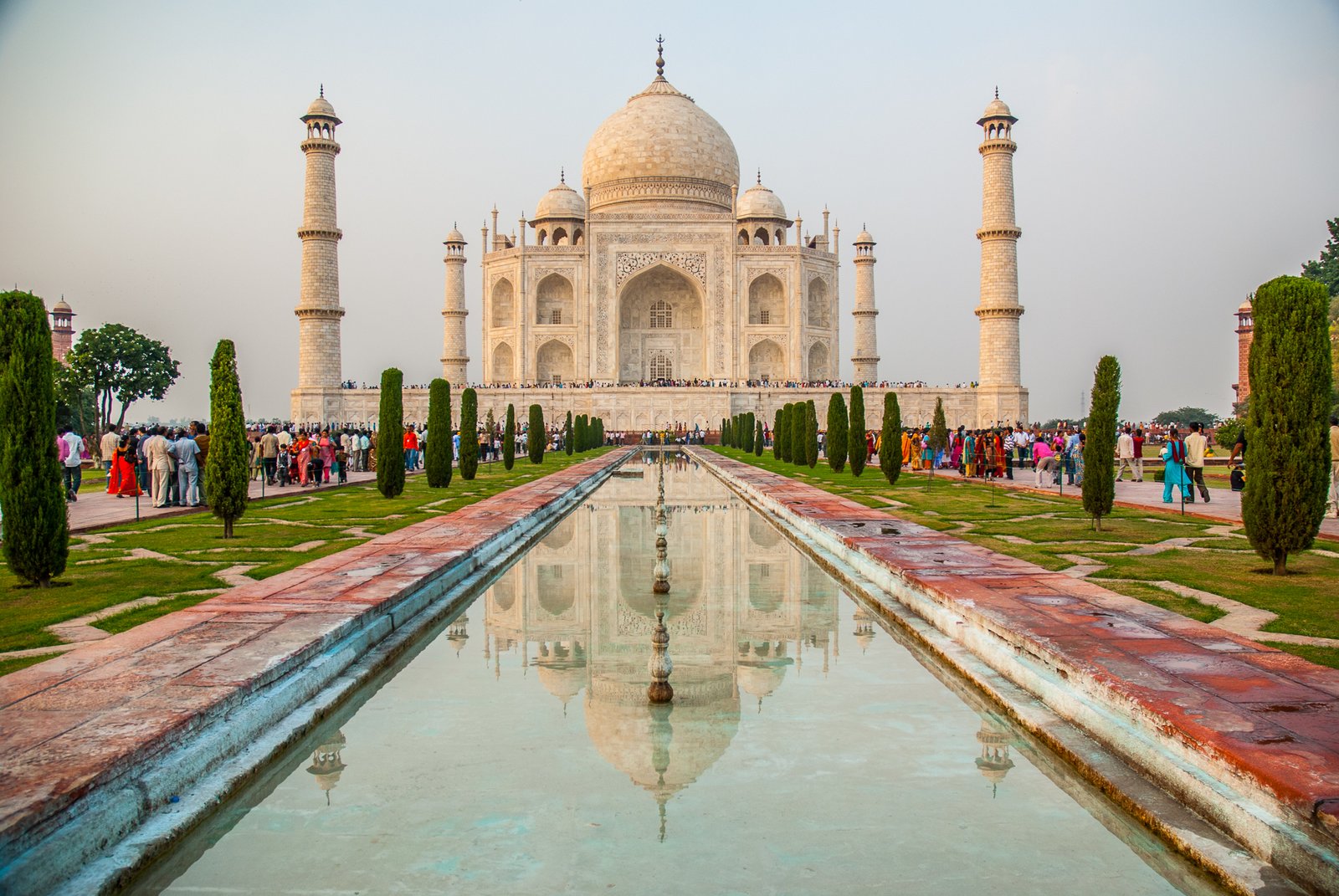Introduction:
The ancient civilization of Egypt has captivated the imagination of people across the ages. From the towering pyramids to the mystical tombs of pharaohs, Egypt’s rich history continues to amaze and intrigue us. In this article, we will embark on a journey through time, exploring the wonders and mysteries of Ancient Egypt.
I. The Land of Pharaohs:
Egypt, situated in northeastern Africa, was home to one of the world’s earliest and most advanced civilizations. The ancient Egyptians flourished along the fertile banks of the Nile River, which provided them with a reliable source of water, fertile soil, and transportation. The civilization thrived for over three millennia, leaving behind an indelible mark on history.
II. Gods and Religion:
Ancient Egyptians had a complex belief system centered around polytheism. They worshipped numerous gods and goddesses who controlled different aspects of life, such as Osiris, the god of the afterlife, and Ra, the sun god. Religion played a crucial role in Egyptian society, with rituals, temples, and priests serving as intermediaries between humans and the divine.
III. Pharaohs and Dynasties:
The pharaohs were the supreme rulers of Ancient Egypt, considered both political leaders and divine beings. They were believed to possess the authority to communicate with the gods and ensure the well-being of their people. The reign of powerful pharaohs, such as Tutankhamun, Ramses II, and Cleopatra, marked significant periods in Egyptian history.
IV. Monumental Architecture:
The architectural wonders of Ancient Egypt are unparalleled. The most iconic structures are the pyramids, built as royal tombs for the pharaohs. The Great Pyramid of Giza, constructed for Pharaoh Khufu, is the largest and oldest pyramid, a testament to the advanced engineering skills of the ancient Egyptians. The temples of Luxor and Karnak, dedicated to the gods, showcase intricate artwork and colossal statues.
V. The Book of the Dead:
One of the most fascinating aspects of Ancient Egyptian culture is their belief in the afterlife. The Book of the Dead, a collection of religious texts, guided the deceased through the perilous journey to the afterlife. These texts were often inscribed on papyrus scrolls or painted on the walls of tombs, providing invaluable insights into Egyptian mythology and rituals.
VI. Hieroglyphs and Papyrus:
Hieroglyphs, the ancient Egyptian writing system, were composed of intricate symbols representing words, sounds, and ideas. The discovery of the Rosetta Stone in 1799 played a crucial role in deciphering hieroglyphs, allowing us to unlock the secrets of Ancient Egypt’s written history. Papyrus, a type of paper made from reeds, served as the primary writing material for the Egyptians.
VII. Trade and Commerce:
Egypt’s strategic location made it a vital hub for trade between Africa, Asia, and Europe. The Egyptians engaged in extensive trade, exporting gold, copper, and precious stones, while importing timber, incense, and exotic goods. The Nile River played a crucial role in facilitating this trade, serving as a highway for boats carrying goods.
VIII. Everyday Life and Culture:
Ancient Egyptian society was highly structured, with distinct roles for various social classes. The pharaoh and nobility occupied the highest positions, followed by scribes, priests, and craftsmen. Farmers formed the backbone of the society, working the fertile lands alongside the Nile. Art, music, and literature thrived, leaving behind exquisite statues, paintings, and captivating stories.
IX. Decline and Legacy:
Despite its grandeur, Ancient Egypt faced periods of decline and foreign rule. The conquests of Alexander the Great and later the Roman Empire marked significant turning points in Egyptian history. The rise of Christianity in the Roman era eventually led to the decline of ancient Egyptian religion. However, the legacy of Ancient Egypt remains ingrained in modern culture, inspiring countless books, films, and art.
Conclusion:
The enigmatic world of Ancient Egypt continues to mesmerize us, offering a glimpse into a civilization that flourished in a distant time. From awe-inspiring monuments to intricate religious beliefs, Egypt’s legacy has left an indelible mark on human history. By exploring the wonders of Ancient Egypt, we gain a deeper appreciation for the achievements of our ancestors and the timeless allure of this extraordinary civilization.
![]()





